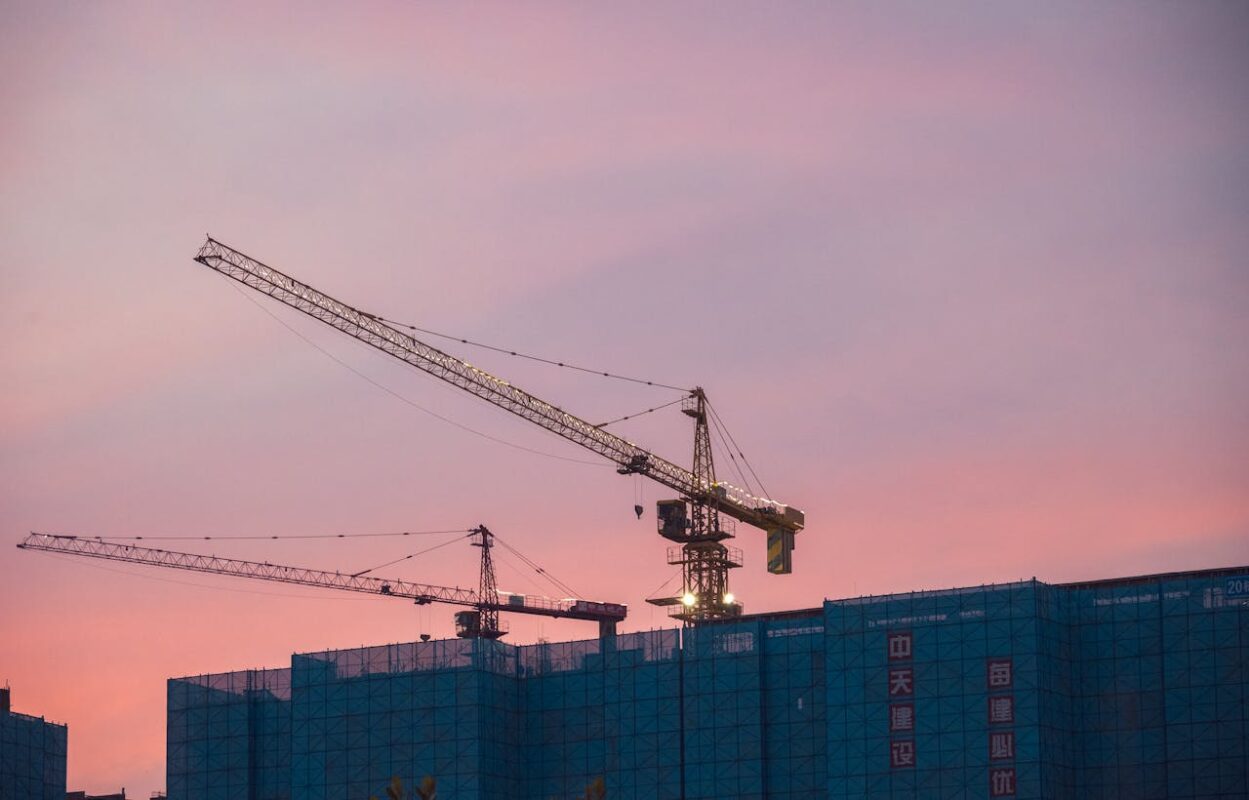ALB & Partners – Construction Law Firm in Vietnam.
Construction is a specialized practice area that requires in-depth knowledge and experience in term of law and practice. Other than the provisions of Vietnamese law, in many cases, construction contracts also possess internationally distinctive characteristics, especially when conditions of contract for construction designed by the Federation Internationale des Ingenieurs-Conseils (known as FIDIC Contract) are chosen to apply to construction contracts by the Parties.
A typical construction process consists of the following fundamental steps: (i) Contract negotiation and signing; (ii) performance and installment payments; (iii) Takeover and handover for use; (iv) Contract finalization; and (v) Warranty period.
1. Contract negotiation and signing:
After bidding process or appointment of a contractor, a construction contract will be negotiated and signed by Investor and Contractor. Concurrently, the Investor will sign a contract with a superintendence consultant, specifically for simple construction (Article 120 and Article 122 of the Law on Construction 2014) or enter into a contract with an Engineer as for FIDIC (Article 3 General Conditions) to oversee construction process in case the Investor can not do it by himself. In this phase, some important points need to be agreed such as: construction unit price; process and installment payment; general costs (calculated by (%) or in a package); how to deal with increases/decreases during the contract performance.
2. Construction process and installment payment:
The construction works will be executed by the Contractor in accordance with the Contract and regulations of the law under the superintendence of the Engineer in term of quality, volume, progress, labor safety and environmental protection during construction. With regard to installment payment, the Contractor is paid based on the actual construction quantities confirmed by the parties. An acceptance testing Minutes on work quality (Point a, Clause 1, Article 123 of the Law on Construction 2014 and Article 21 of Decree 06/2021/ND-CP) and a Confirmation of work quantities are two important documents, on the basis of which the Investor will make payment to the Contractor. As per FIDIC Contracts, the Contractor will be paid after the Engineer issues an Interim Payment Certificates (IPC) (Points 14.6 and 14.7 of General Conditions).
3. Taking-Over Process and handover for use
This process marks the completion of the whole project in terms of quality and safety before the Contractor hands it over to the Investor for use and business operation (Specified at the Article 123 and Article 124 of the Law on Construction 2014). The recognition of completion of works mentioned above is indicated by issuance of a Taking-Over Certificate for handover for use. However, unlike a normal construction contract, as for a FIDIC contract, the work is considered completed and allowed to be handed over to the Investor when the Engineer issues a Taking-Over Certificate to the Constructor (as specified at the Article 10 General Conditions).
4. Finalization process:
After the construction project is completed, the parties will conduct Contract finalization, and the Investor is obliged to pay the Contractor a finalized value (Article 147 of the Law on Construction 2014 and Article 22 of Decree 37/2015/ND-CP). Relevant finalization documents will normally consist of a statement of proposed finalization value; a summary of paid amounts and advance payment; a sum of penalties; a summary of values and works completed. In addition, as for FIDIC Contracts, the finalization amount will be paid to the Contractor after the Final Payment Certificate (FPC) is issued by the Engineer (Articles 14.7 and 14.13 General Conditions). It should also be noted that, during this period, disputes often arise due to inconsistencies between the parties in relation to unit price of additional works; general costs and behind-schedule penalties.
5. Warranty period:
Construction works are under warranty upon acceptance for completion and taking-over for use (Article 125 of the Law on Construction 2014 and Article 28, Article 29 of Decree No. 06/2021/ND-CP). The warranty period is decided on a basis of agreements between parties under the Contract. Normally, the Investor is entitled to withhold 5% of the contract value to guarantee warranty obligation before the Contractor provides a warranty certificate to the Investor.
Author: Mr. Dang Xuan Dat
ALB & Partner – Construction Law Firm in Vietnam
With a team of in-depth knowledge and experienced lawyers in the construction field and debt collection, ALB & Partners has been assisting clients in bidding process, negotiation and preparation of construction contracts. In addition, our unique strength also lies in protection of legitimate rights and interests of our clients in the settlement of disputes in construction activities at relevant Arbitration Centers and Courts. With recognition of Clients who are big construction companies in Vietnam, we take pride in ourselves to be a leading construction law firm in Vietnam.
To find out more about our law firm’s services, please contact us via email: [email protected] or phone: +84 907 008 722 (Mr. Steven Long – Manager of Corporate & Investment Department).




